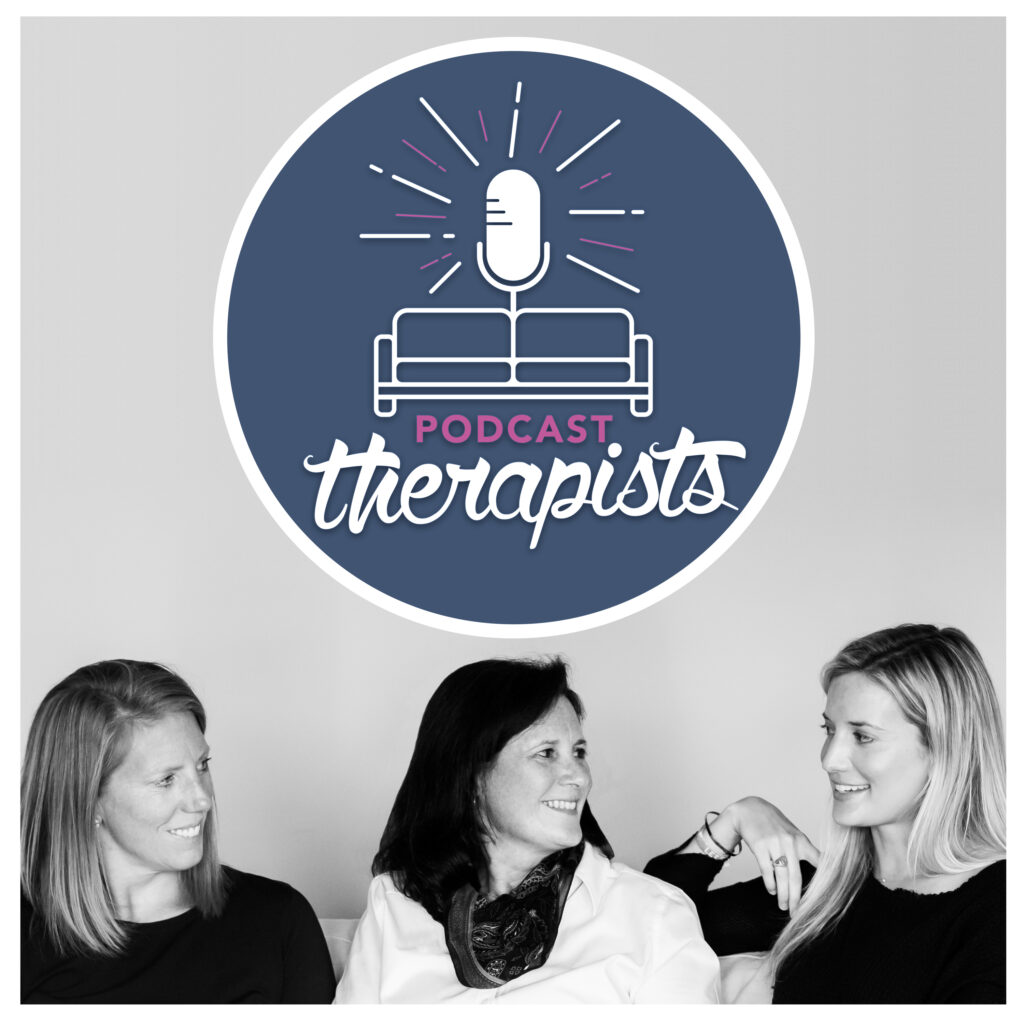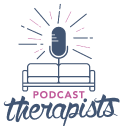[REWINDEN] Mental Health for Young Athletes – Part 2: What Can We Learn From Simone Biles? – With Michael Atunrase

Mental health for young athletes is not getting enough attention in sports training, and we’re not the only ones who think so. Michael Atunrase, founder and head coach of Resilience Fitness & Sports Performance Training is back on Podcast Therapists today to share his expertise.
You can train as much as you want but if your mind is working against you, you won’t be able to show your full potential. It’s not enough to work on mental health sporadically when problems occur. Only by implementing mental health strategies on a consistent basis, can we work toward stronger mental health for young athletes. For this reason, mental health should be an equally important part of sports training, as are warm-ups, strength training, and cardio.
You can have these mental things that lead to physical outcomes. People don’t realize how connected our mind and our body [are].
Michael Atunrase
Michael shares invaluable insights for every athlete out there, so make sure to have a listen!
More about Michael Atunrase
After completing his Bachelor of Science in Kinesiology, Michael pursued a professional football career. Knowing he wanted to continue pursuing a professional career in human performance training after football ended, he acquired his CSCS (Certified Strength Coach Specialist), NASM (National Academy of Sports Medicine), and NASE (National Academy of Speed & Explosion) certifications.
Over the past decade, Michael Atunrase has trained several top athletes and helped them to reach their full athletic potential. His training model goes further than just workouts. He also focuses on educating his clients on what their minds and bodies endure through their training processes.
In 2020, he officially launched Resilience Fitness & Sports Performance, a virtual fitness and performance training service where you can go for both virtual and in-person performance training, group training, 1:1 training, yoga, HITT training, and much more.
More about Virginia Family Therapy
Virginia Family Therapy is a mental health practice serving individuals, families, and our community. VFT is designed to help people at all stages and from all walks of life by offering therapists and physicians with diverse backgrounds and specialties via face-to-face, walk-and-talk, and telemedicine appointments. Throughout, we are committed to developing strengths-based, authentic, and long-lasting relationships with you and your children. We hope to provide you with the support and insight you need to help your family navigate life’s hard times and joys.
Contact us here.
In this episode on mental health for young athletes, we cover:
- The connection between mind and body
- The effect anxiety has on athletic performance
- Currently available mental health services for athletes
- The contradictions around mental health and sports
- Essential mental health strategies every athlete should implement in their sports routine
Resources and links mentioned in this episode
- Are you or your child struggling with mental health? We have a team of psychologists and psychiatrists who can help you out. Don’t hesitate to contact Virginia Family Therapy here, or contact The Lewis Practice here.
- We’d love to hear your feedback on our podcast. Why not leave us a review on Apple Podcasts?
- Get in contact with Michael on his website, Facebook, or Instagram.
- Connect with us on Facebook or Instagram or send us an email on podcasttherapists@gmail.com.
- We’ve got a bunch of episodes for you to binge listen! How about this interview we did with Michael about nutrition and body image for athletes?
Disclaimer: Please remember we are real live therapists, however this is a podcast and is not considered a therapy session. Not only because there is no co-pay but also because we can’t speak to your individual experiences. We are here to help you keep raising healthy kids. And remember, if you are an imperfect parent, we are right there with you. If you or someone you love is in immediate danger, please call your local crisis hotline or go to your nearest emergency room.
